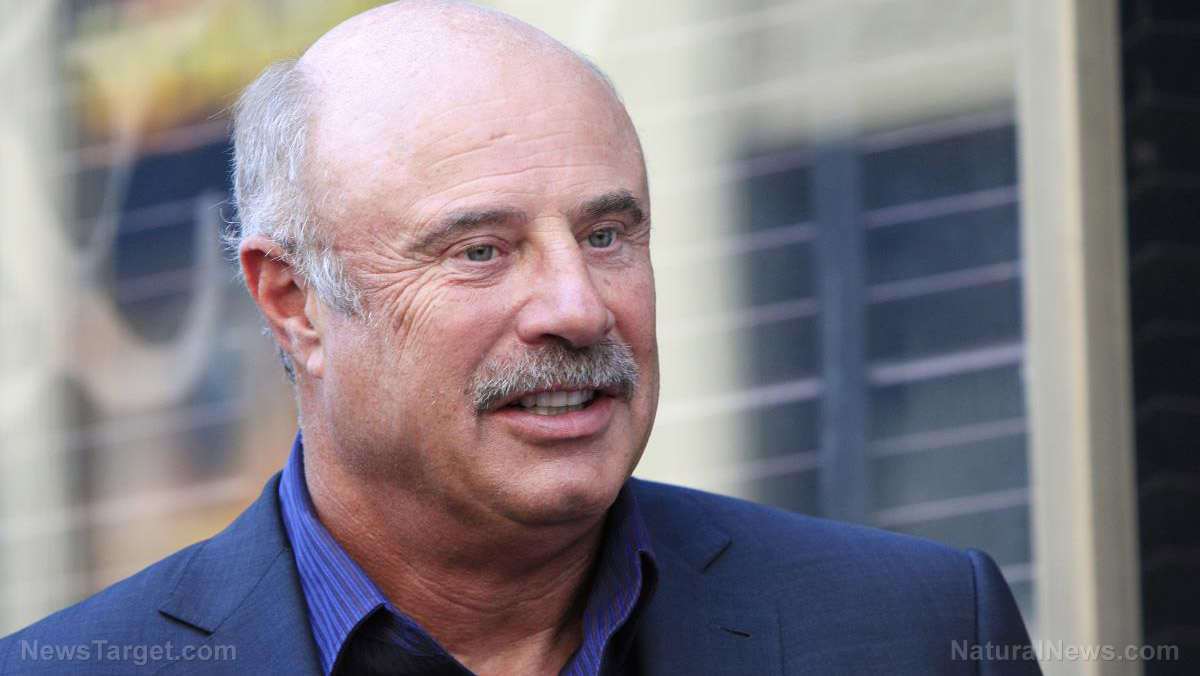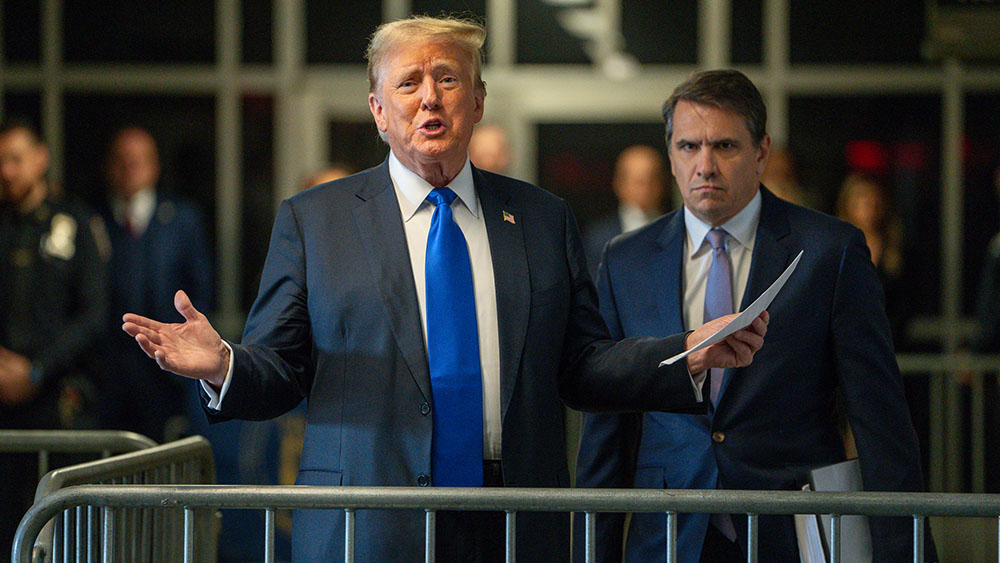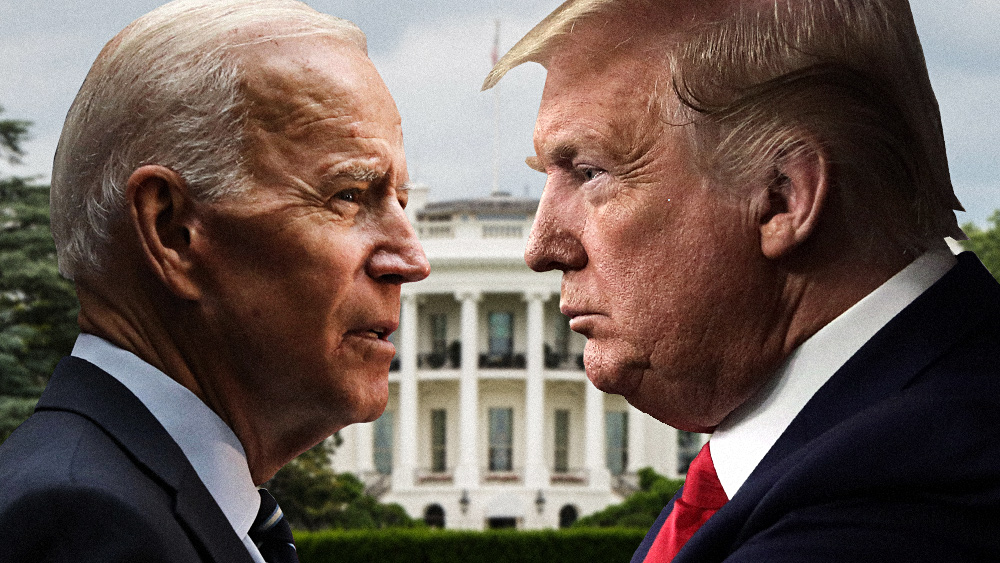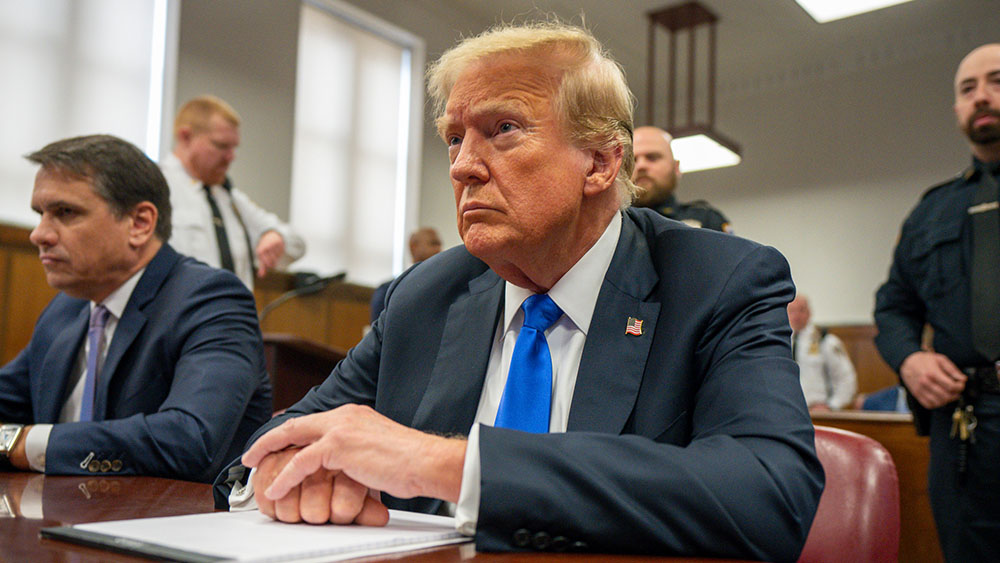
Climate alarmists are in a state of panic after the COP 28 climate summit released a draft of its agreement in which they removed calls to phase out fossil fuels.
The summit involves the Conference of the Parties (COP) to the UN Framework Convention on Climate Change (UNFCC). There are currently 198 parties (197 countries, plus the EU), and they are meeting in Dubai to discuss solutions aimed at tackling climate change. It is hosting more than 70,000 delegates, including world leaders.
When its new draft was posted after a six-hour delay on Monday, climate advocates were dismayed to find that it had adopted softer language on fossil fuels in what appears to be a concession to oil-producing countries who had a problem with the summit's stance on fossil fuels.
It comes after COP28 president Sultan al Jaber said there was “no science” supporting demands to phase out fossil fuels in order to maintain global warming below 1.5°C, which is one of the main objectives of the Paris climate agreement.
He said: “You’re asking for a phase-out of fossil fuel. Please, help me, show me for a phase-out of fossil fuel that will allow for sustainable socio-economic development, unless you want to take the world back into caves.”
The document must be agreed upon by the many parties present at the summit, and it provides an optional range of actions that can be taken to reduce emissions to net zero by the year 2050. While reducing the production and consumption of fossil fuels is one of the choices listed, it is presented as a suggestion rather than a requirement.
We are building the infrastructure of human freedom and empowering people to be informed, healthy and aware. Explore our decentralized, peer-to-peer, uncensorable Brighteon.io free speech platform here. Learn about our free, downloadable generative AI tools at Brighteon.AI. Every purchase at HealthRangerStore.com helps fund our efforts to build and share more tools for empowering humanity with knowledge and abundance.
It mentions reducing the “consumption and production of fossil fuels, in a just, orderly and equitable manner so as to achieve net zero [carbon emissions] by, before, or around 2050 in keeping with the science.”
Former Vice President Al Gore said on X that he believed the summit “is now on the verge of complete failure.” He said: “The world desperately needs to phase out fossil fuels as quickly as possible, but this obsequious draft reads as if OPEC dictated it word for word. It is even worse than many had feared.”
Previous drafts included calls for phasing out fossil fuels, and UN Secretary-General Antonio Guterres has called for a complete “phaseout” of fossil fuels, warning that the world would experience a “complete disaster” if the situation doesn’t change.
He said that “we cannot save a burning planet with a firehose of fossil fuels. We must accelerate a just, equitable transition to renewables. The science is clear: The 1.5-degree limit is only possible if we ultimately stop burning all fossil fuels. Not reduce. Not abate.”
In contrast, OPEC Secretary General Haitham Al Ghais called on his group’s members and allies to “proactively reject” language targeting fossil fuels instead of emissions last week, saying that it would be “unacceptable that politically motivated campaigns put our people’s prosperity and future at risk.”
Getting rid of fossil fuels is not the answer
As much as the UN likes to think of itself as a champion of human rights, they seem to be overlooking the human price of their lofty climate goals. Phasing out fossil fuels is not the solution proponents seem to think it is, and it would hit poor countries and poor people the hardest thanks to energy price inflation and other effects. Moreover, transitioning developed countries to less reliable sources of energy will be challenging, to say the least.
Another serious pitfall of the “green revolution” is the human rights violations that go into making it possible. For example, the conditions of those who are mining the cobalt that is needed to generate and store green energy have been described as modern-day slavery and a “horror show,” with children trafficked, exploited and put at great risk to feed this unhinged desperation to eliminate all fossil fuels.
Sources for this article include:
Please contact us for more information.




















